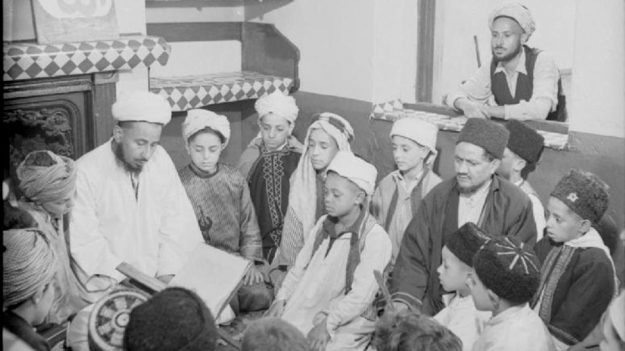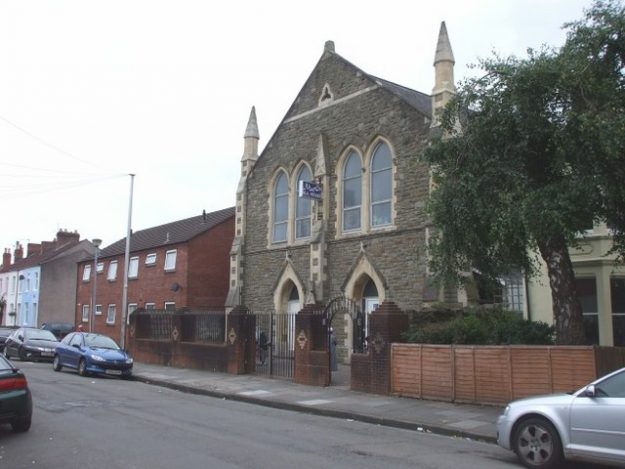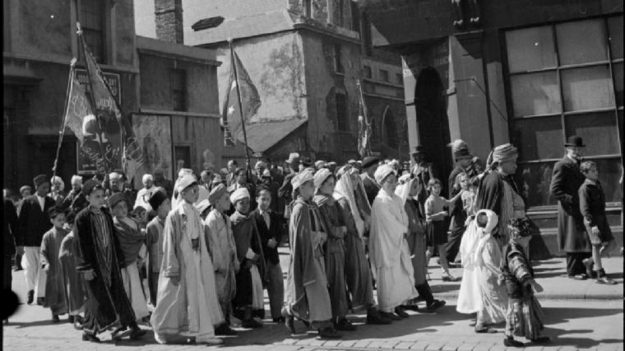In contemporary British politics, the position and role of Muslim communities in Britain is a very common area of discussion and one which unfortunately has a tendency to turn very ugly. Amanda Morris from the Muslim Council of Wales helps shed some light on what role Cardiff’s Muslim Community is playing in the wider community in this time of increasing scrutiny for the minority group.
Cardiff’s Muslim community is particularly interesting given it’s comparatively long history next to that of other Muslim communities in the UK. Cardiff has boasted a sizable number of Somali and Yemeni residents since the 1800s, in contrast to many British communities which only began to see the growth of Muslim communities in the post-war 1940s and 1950s.

Given it’s fairly uniquely long history one would assume that the Muslim community in Cardiff would be quite active in wider society, an assumption which is supported by the Muslim Council of Wales’ Administrative Executive Amanda Morris.
When asked about various activities the community engages in outside of traditional worship, Morris went on to cite a number initiatives. “There is a Mosque in Cathays that runs GCSE and A-level tuition classes. Open to all, very low cost, every Saturday morning. Another Mosque goes around to various takeaways that are owned by Muslims that worship at that Mosque and those takeaways will donate hot food.”
Outside of charity she also detailed local initiatives such as the MCW’s youth leadership program ‘I Lead’ and various interfaith activities and voter registration drives.
Regarding the breadth of enthusiasm for such activities within the Muslim community, she noted that: “There is a small group of very committed individuals who sort of spearhead each project. It couldn’t be done without a wider participation however. There is quite a high turnover of people who come and volunteer, but what we’ve noticed is that it is growing, especially among young people. The older generation are sort of more…they work they, they have businesses, they don’t necessarily have the time.”
There is also an apparent trend that once many of the regular youth volunteers become too old and busy to volunteer, their younger siblings tend to take their place.
There are certainly reservations among the community about many Mosque and MCW initiatives. The altruistic approach that does not place emphasis on publicity has led some to criticize the initiatives for not earning the recognition such work deserves. Morris also described: “a section of people within the community who will say that we should be helping Muslims, not non-Muslims. We can appreciate how they feel but we don’t agree with it.”

When it comes to politics, Morris stated that it tend to lack pull within the Muslim community. “In terms of party politics I don’t know many Muslims that become active in party politics simply because it is not a terribly honest line of work.” She went on to state a common concern among Muslims that changing British party lines have a tendency to compromise Islamic beliefs.
This is not to say that the Muslim community is apathetic towards politics however. “There are Muslims that get very involved in the political process in other ways, like ensuring everybody is registered to vote and actually vote to make people understand what the parties are actually standing for.” Morris also noted an increasing interest in the Muslim community for political lobbying on matters such as the government’s “Prevent Agenda” and availability of Halal meat in schools.
When asked about the prevailing wisdom that Britain’s Muslim communities are bucking the trend towards increasing secularization and atheism which the Christian community is seeing, Morris agreed, quoting the Prophet Muhammad: “The wolf will eat the sheep that is left behind”, what he meant by that if you try to be isolated from other people who are practitioners you will leave the faith”. “Islam is a holistic faith that is in every aspect of our life, it not just going to church on Sunday and singing some hymns”.
Looking towards the future, Morris expressed confidence that Muslim engagement in the wider Cardiff community would continue, but that “it will take years.” She stated that the current great challenge Muslim community organizers face is handling new volunteers, describing an tendency for many new volunteers joining for the wrong reason of self-aggrandizement and thus dropping out before long when faced with the altruistic, humble nature of the work. She said that dealing with such individual properly also had to be balanced with managing their more committed volunteers correctly to prevent them “burning out”.

